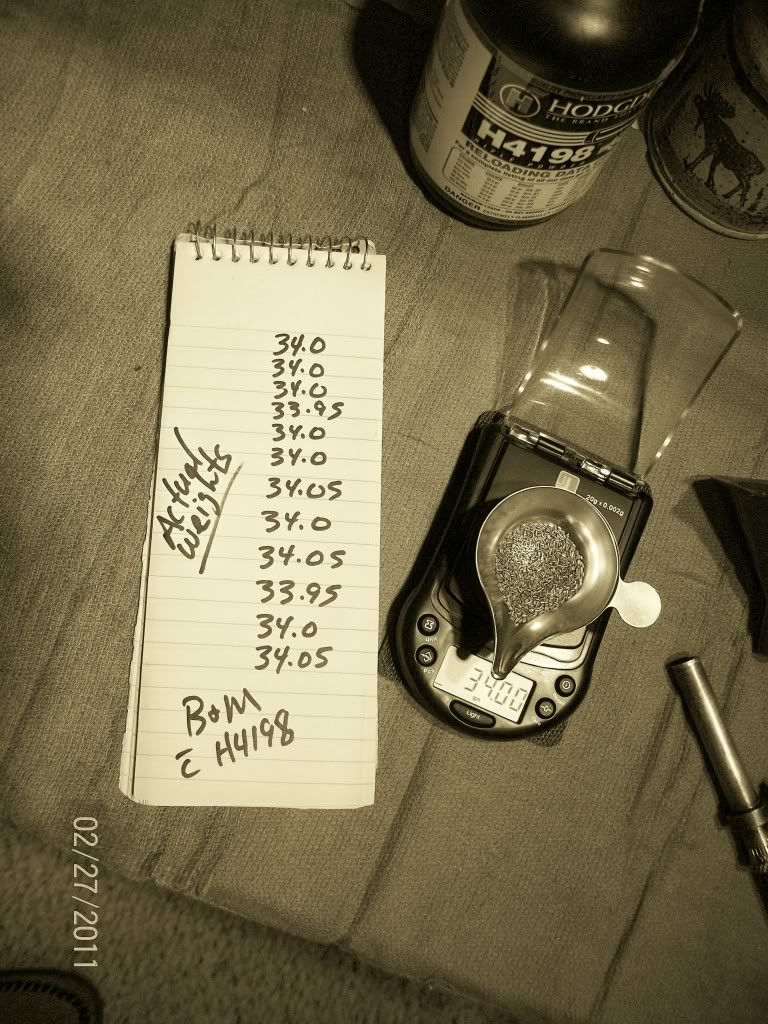K
kdvarmint
Guest
I am currently using a Lyman 1000 XP Electronic Digital Scale (Midway product #118-094). I use a powder drop to get it close then trickle the rest. Weigh each charge twice, zeroing scale every time (after a couple my scale will "float" a little). So what scale has a good reputation for accuracy and what methods do you use for consistancy?
Thank's kd.
Thank's kd.


